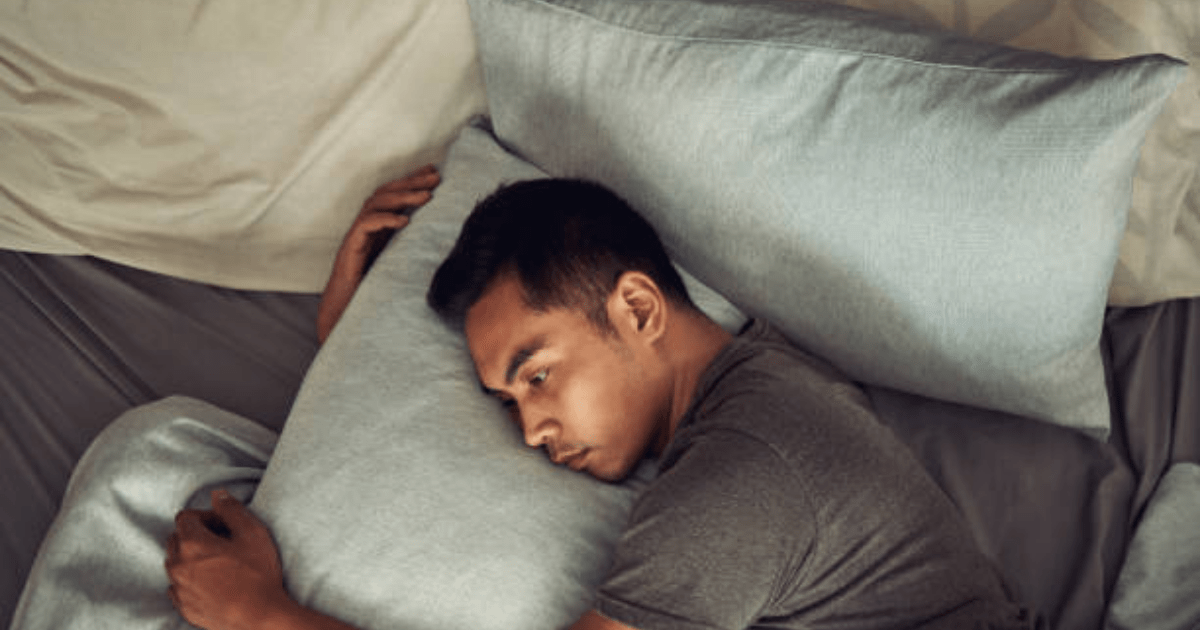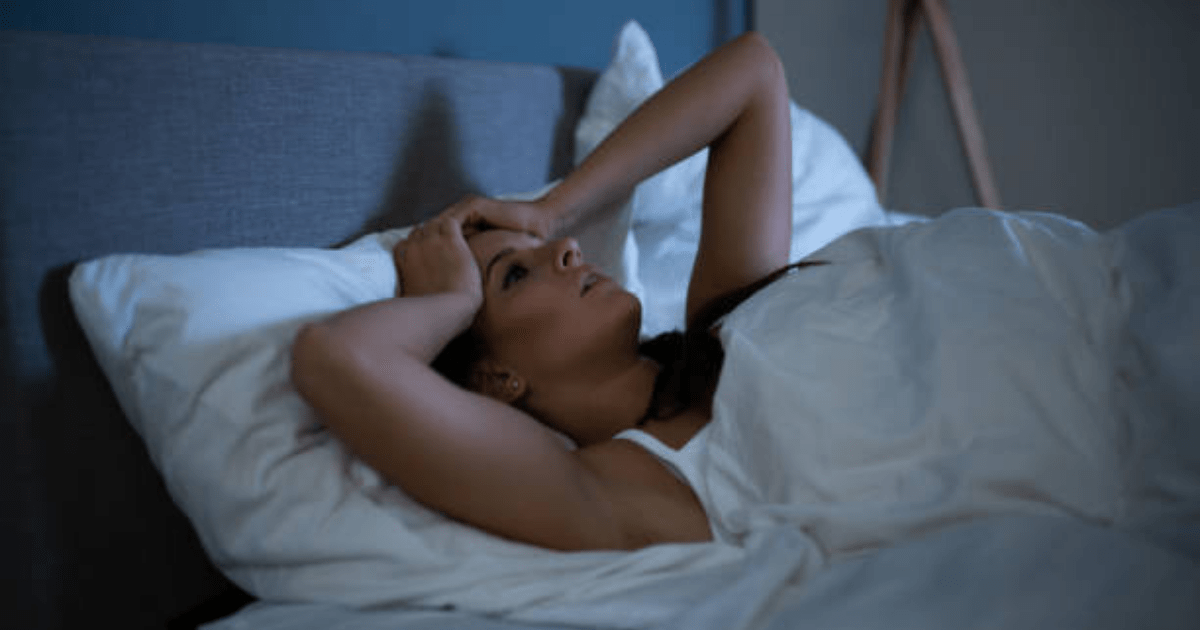 Sleep deprivation or even sleep disruption can lead to health problems. It directly affects your body and mind that results in poor performance and judgment. In spite of the numerous studies and research about the importance of sleep to health and wellness, there are still an alarming number of people who ignore its benefits.
Sleep deprivation or even sleep disruption can lead to health problems. It directly affects your body and mind that results in poor performance and judgment. In spite of the numerous studies and research about the importance of sleep to health and wellness, there are still an alarming number of people who ignore its benefits.
According to the Centers for Disease Control and Prevention, one third of adults do not get the recommended at least 8 hours of sleep. In addition, 20% of these adults are struggling with mental health conditions.
The lack or absence of sleep is known to cause physical health problems such as obesity, heart problems, diabetes, stroke and high blood pressure. It is also linked to mental health problems. Most people with mental health conditions like depression, bipolar disorder and ADHD have a hard time sleeping.
How to avoid sleep deprivation or disruption?
Sleep is considered a luxury for many. This may be an easy thing to do for you but there are those who are having such difficulty in getting one. With its benefits to health and wellness, it is imperative that you should learn how to sleep better.
1. Limit alcohol, caffeine and nicotine intake.
Drinking alcohol imbalances your hormones that will help you sleep. It is also known to worsen symptoms of sleep apnea, snoring and sleep disruption. This same goes for drinking caffeinated drinks especially late at night. It stays active in your system for hours.
Smoking is also a stimulant that can trigger sleep deprivation. It is always better to avoid smoking if you want to have a good night’s sleep. It is recommended too, to limit water intake before bedtime to avoid going to the bathroom frequently.
2. Do not eat a heavy meal before bedtime.
It is never a good idea to eat a heavy meal two or three hours before sleeping. It affects sleep quantity and the natural release of HGH and melatonin that help you sleep well. It is advised that if you get hungry before bedtime, eat a light snack like an apple or a cracker that will adequately satisfy your hunger.
3. Go to sleep and wake up at the same time every day even on weekends.
The scientific explanation for this is that your body’s biological clock or circadian rhythm aligns itself with the time as the sun rises and sets. If you can keep up with a regular sleep-wake schedule, you feel more relaxed and energized throughout the day.
4. Increase your sunlight exposure in the morning.
Your melatonin production during the day is less which makes you more active and alert. Start your day outside and savor the benefits of sunlight to your body. You can also open your curtains and let the bright light into your room or office.
5. Minimize blue light exposure at night.
You should avoid blue light from computers and smartphones. Exposure to blue light decreases your melatonin production which helps you sleep at night. It is better to stop using any devices two hours before bedtime. You may also opt to wear glasses that block blue light.
6. Reduce naps during daytime.
Sleeping in daytime can confuse your body’s biological clock that can lead to sleep deprivation. If you really need to take a rest, you can nap for 30 minutes or less just enough to increase your brain’s function. If you work at night, try going to sleep late in the day before going to work.
7. Get regular exercise but do not do vigorous ones three hours before bedtime.
Regular exercise promotes better sleep and health. However, avoid doing it hours before bedtime. Exercise has a stimulatory effect that keeps your body and mind alert and active.
You can also learn how to do proper breathing exercises and techniques that relax and calm your mind. Meditation is also another way for you to sleep well since it increases your melatonin level.
8. Have a relaxing bath or shower.
One study shows that taking a hot bath for 90 minutes relieves your stress and improves your sleep quality. It gives you a clean, comfortable and relaxing feeling as you prepare yourself for going to bed. The hot water changes the core temperature of your body that can help you sleep quickly.
9. Reserve bed for sleep and sex.
Some people do not put televisions in their bedroom. They also avoid using the room as an office. The only function for their bedroom is sleep and sex. This tells your body and mind that the moment you step in, it is time to sleep.
10. Get therapy.
One of the contributing factors to sleep deprivation is having mental health disorders such as depression, anxiety or traumas. Those who are suffering from this tend to sleep less which can lead to severe problems. In order to treat your sleep disorder, a psychologist or therapist near me suggests managing your mental health condition first.
When to ask help?

If sleep deprivation is causing problems to your family, work and health, it is better that you seek medical help from experts and professionals. Having a hard time going to sleep may be caused by a mental health condition that you have ignored for some time now.
Trauma, depression, anxiety or bipolar disorder can lead to sleep deprivation. It is advised that your mental health condition is addressed first so that your sleeping problems can be treated.
If you are looking for a reliable place in Riverside, California, Corona, California and Los Angeles, California that will help you manage your mental health conditions, visit Mindshift Psychological Services. Their psychologists and therapists near me are trained to give you the best remedy to your condition.
Various therapy near me and counseling sessions are available such as Depression therapy, Trauma therapy near me, Family therapy and Psychotherapy for Individuals. Visit their website to know more about their therapy near me sessions and medical professionals. You can also contact them at (714) 584-9700.



